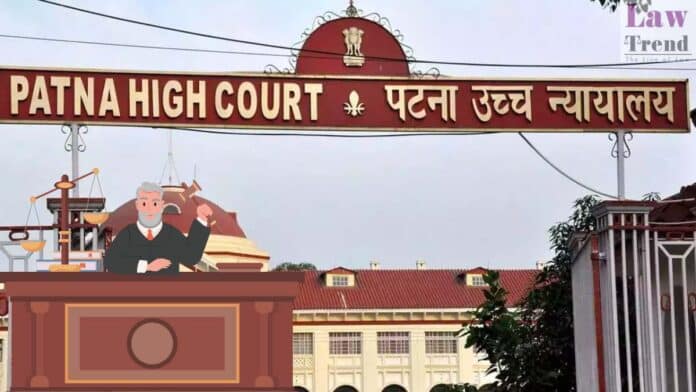The Patna High Court has set aside the conviction and sentence of a man accused of rape under the Indian Penal Code (IPC) and the Protection of Children from Sexual Offences (POCSO) Act. A Division Bench of Justice Rajeev Ranjan Prasad and Justice Sourendra Pandey acquitted the appellant, Ranjeet Sah, giving him the “benefit of
To Read More Please Subscribe to VIP Membership for Unlimited Access to All the Articles, Download Available Copies of Judgments/Order, Acess to Central/State Bare Acts, Advertisement Free Content, Access to More than 4000 Legal Drafts( Readymade Editable Formats of Suits, Petitions, Writs, Legal Notices, Divorce Petitions, 138 Notices, Bail Applications etc.) in Hindi and English.




